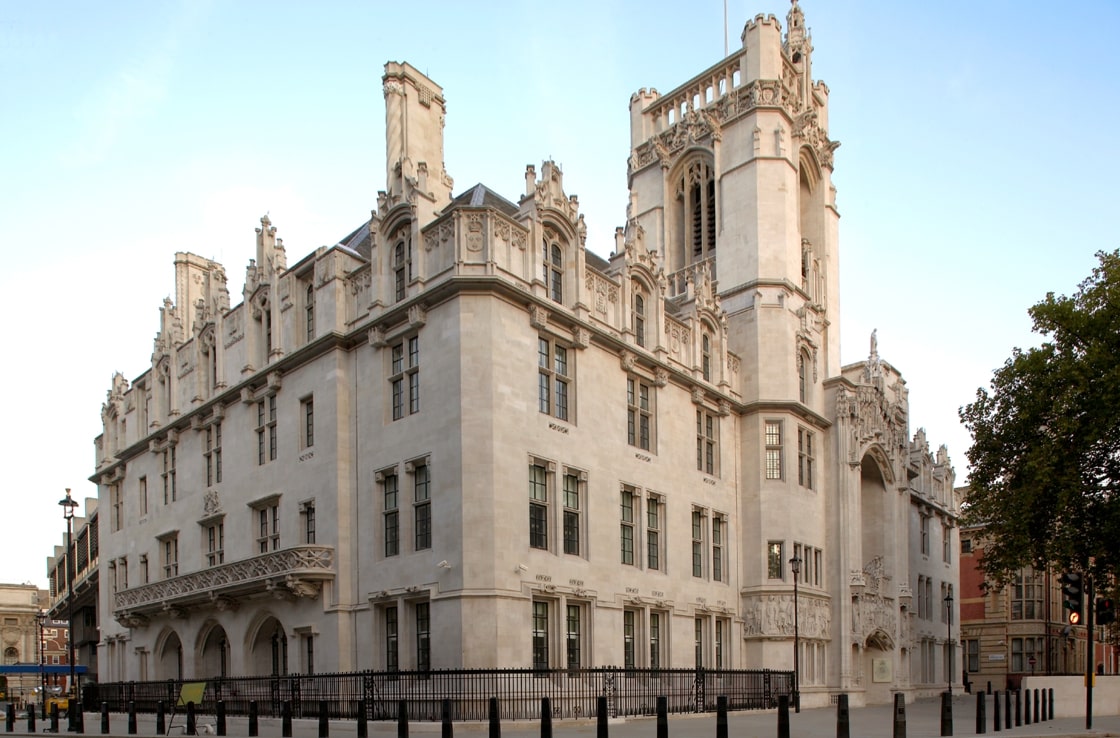After years of bouncing around the courts, same-sex marriages will no longer be recognized in Bermuda and the Cayman Islands.
On Monday, the United Kingdom’s Privy Council, the highest court of appeals for certain British territories and Commonwealth countries, overturned a 2018 Bermuda Supreme Court ruling paving the way for marriage equality. Judges ruled that the country’s Domestic Partnership Act, which legalized civil unions but blocked full recognition for same-sex couples, is constitutional.
The Privy Council also ruled that bans on marriage equality are not prohibited by the Cayman Islands’ constitution, according to the Associated Press.
Reactions from LGBTQ+ advocates ranged from frustration to disappointment. Roderick Ferguson, a Bermudan man who fought the government’s opposition to same-sex marriage, said the island’s LGBTQ+ community deserves “better than this” in a statement published by advocacy group OUTBermuda.
“Our work as a society is not done until everyone’s humanity is recognized both in law and in life,” said Ferguson, who was a plaintiff in the case before the court.
Same-sex marriage was first legalized in Bermuda in 2017 and in the Cayman Islands two years later, both through court rulings. Each territory, though, faced pushback from their provincial governments to strike down these historic decisions. Following the Bermuda Supreme Court’s verdict, the Domestic Partnerships Bill made Bermuda the world’s first municipality to repeal marriage equality after legalizing it.
“Our work as a society is not done until everyone’s humanity is recognized both in law and in life.”
But following Bermuda’s unprecedented reversal of LGBTQ+ equality, the Cayman Islands soon followed suit. After its government appealed a 2019 Grant Court allowing same-sex couples to wed for the first time, the Court of Appeal overturned the prior ruling. It called on the government to draft legislation extending domestic partnership benefits to LGBTQ+ couples.
After the Cayman Islands’ unicameral parliament failed to pass a domestic partnerships law, Gov. Martyn Roper used his reserve powers to enact the legislation anyway in September 2020. As in Bermuda, the bill grants couples a limited form of relationship recognition, including the right to adopt. Samantha Louise Erksine and Alice Hillman Lopez made history as the first couple to register as domestic partners under the legislation a month after Roper’s action.
The lawsuit fighting for full marriage equality was originally brought by Chantelle Day and Vickie Bodden Bush, who sued in 2018 when their application to wed was refused by the Cayman Islands’ government.
Although the Privy Council ruling effectively shuts down marriage equality in the two British territories, it also notes that the judgment does not prohibit lawmakers from “introducing legislation to recognise same-sex marriage.” A marriage equality bill has yet to gain substantial momentum in either island’s national legislature.
While Day and Bush noted in a statement that they are “extremely disappointed” in the Privy Council’s decision, their attorney applauded the couple for moving the Cayman Islands forward on LGBTQ+ equality.
“Were it not for their courage in standing up for their rights, and the rights of many others, there would still be no legal framework for the recognition of same-sex couples in the Cayman Islands,” their lawyer said in a statement cited by the local news site Cayman Compass.
LGBTQ+ protections vary across Bermuda and the Cayman Islands. Although anti-LGBTQ+ bias in housing and the workplace is banned under Bermudan law, queer and trans people have no federal protections from discrimination in the Cayman Islands. Both territories allow queer donors to give blood, with restrictions, and permit trans people to correct their legal gender marker.
Prior to the recent ruling, advocates noted that much progress had been made in Bermuda in recent years. A 2020 poll from OUTBermuda found that 53 percent of Bermudans supported marriage equality, a 17 percent increase in just four years.
“The world has changed, and so has Bermuda—to make all our lives better,” said the organization’s deputy chair, Zakiya Johnson Lord, in a statement at the time.


 Why you can trust Xtra
Why you can trust Xtra


